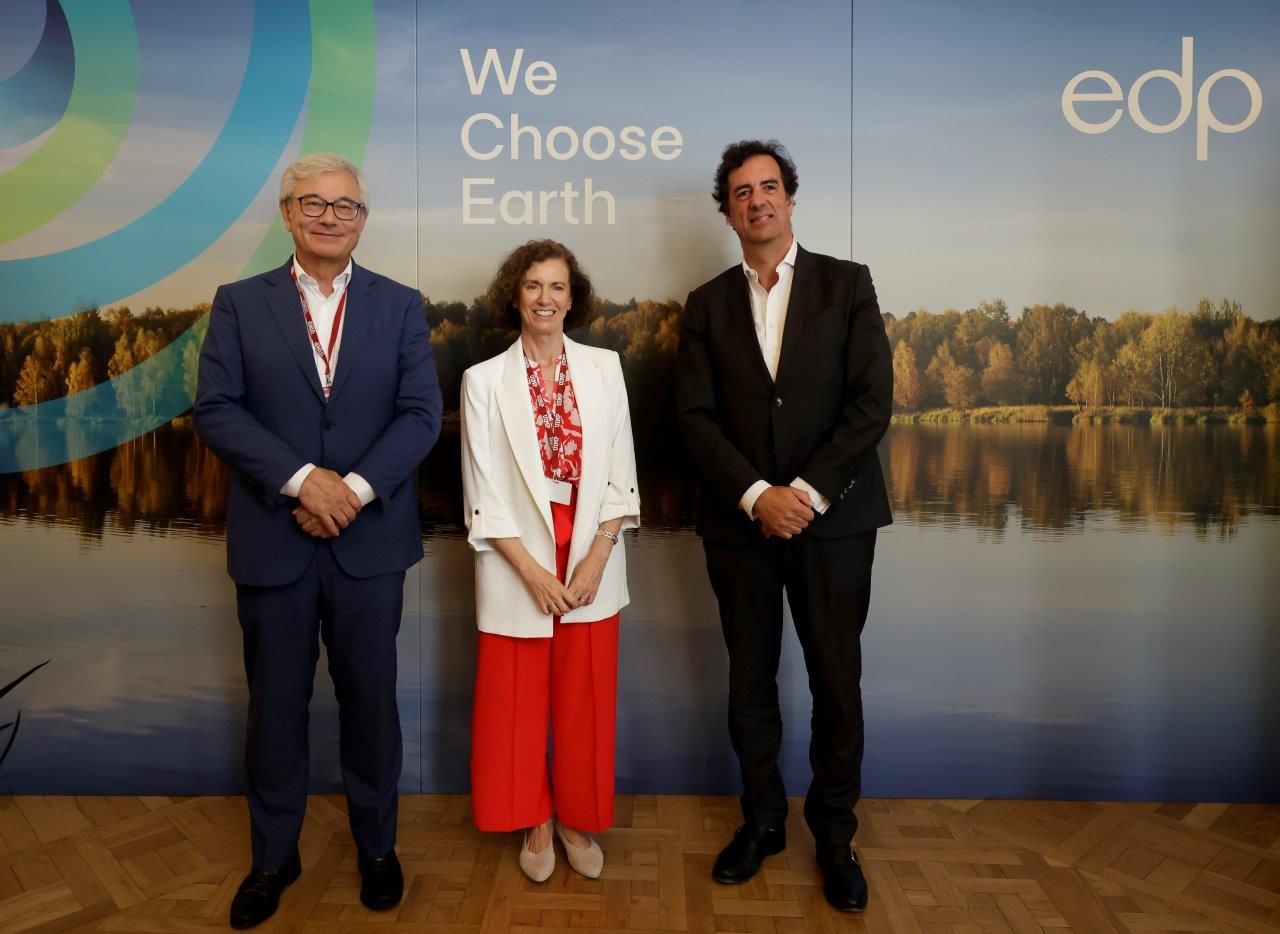
José Ferrari Careto: “Energy transition requires grids to be ready, to have capacity and to be modern”

The president of EDP Redes Spain closes the seminar “An impulse towards energy transition: new technologies” in Menéndez Pelayo International University.
The president of EDP Redes Spain, José Ferrari Careto, has closed the seminar “An impulse towards energy transition: new technologies”, organized by EDP in collaboration with Menéndez Pelayo International University, in the framework of its summer courses. During his intervention, Ferrari Careto looked back on how “many times we take for granted the integration process between energy transition and digital transformation, a positive union that generates a lot of value for society”, which achievement has required “a very intense change and a great effort to get where we are now”.
In this way, as assured by the president of EDP Redes Spain, “grids are fundamental, as they are the infrastructure of energy transition”. Therefore, after a first stage in which they were perhaps a little bit neglected, upon prioritizing the renewable ones, “it is very important that we have investments, because, if the grids are not ready, and do not have capacity, and are not modern, energy transition will not happen”.
Grids were absolutely the main characters the last day, that began with a presentation in which Pedro del Rosal, director of Digital Transformation of EDP Redes Spain, explained in detail some of the 187 initiatives of the company’s digitalization plan. Afterwards, Teresa Herrero (Telefónica), José Ángel Ríos (Schneider), Jordi Besalú (Accenture) and the professor at the University of Cantabria, Daniel Alves, participated in a round table in which it was brought to light the transcendence of carrying out an additional effort to deploy efficient digitalization solutions, as well as to count with regulatory incentives that revitalize this process. It was always discussed how efficient management of data may ease the operation, maintenance and planification of grids and even of challenges like cybersecurity or talent recruitment. Grids play, furthermore, a key role in the development of strategic projects of transition and determine the attraction of wealth to territories.
For three days, the Magdalena Palace of Santander turned into the epicenter of the debate regarding the technologies needed in order to speed up the energy transition process, a process that cannot be reversed and that involves the whole society, and in which the energy storage of the whole energy cycle will be of vital importance.
Among the main conclusions of the previous days of the course, explained by Yolanda Fernández, director of Environment, Sustainability, Innovation and Climate Change of EDP Spain, and director of the course, it is to highlight:
- Regarding solar energy, the investment in innovation is the highest in current technologies, as in 2021 it duplicated the one of the previous year, reaching up to 1 250 million dollars. Despite everything, technology has not ran out.
- Regarding hydrogen, it is a technology that is still in development, with opportunities in innovation, as there is still a pending technological leap. Spain has leader companies in the whole chain value, as well as knowledge in this field, something that it should profit from, as hydrogen as an industry is generator of great quality employment, wealth and also driving force of the value chain.
- When talking about offshore wind energy, it is to highlight that it has a development model which is more organized, more enclosed and more centralized than the conventional wind energy, and it has just entered the National Integrated Plan of Energy and Climate with 3 GW. Only 0.46 % of the Spanish coast is fit out for the marine wind energy, and almost 50 % of it is in Galicia. It was also laid bare the need to dialogite with fishing communities in order to define the cohabitation criteria, as well as to adequate the harbors to accelerate the execution of projects. Spain also has advantage in this technology, as it controls the value chain.